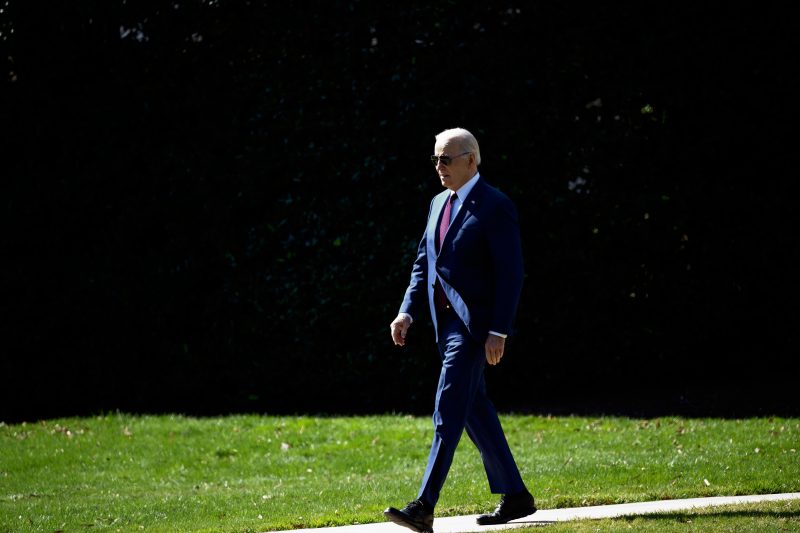
Biden’s Economic Challenge: Inflation on the Rise at a Critical Juncture
The recent months have seen a significant surge in both the economy and inflation rates, posing a formidable challenge for the Biden administration to navigate. As the U.S. economy shows signs of recovery from the impacts of the Covid-19 pandemic, the resurgence of inflation has emerged as a troubling concern that demands careful attention and strategic actions.
Inflation, the rate at which the general level of prices for goods and services rises, has risen to a worrying level, reaching a 13-year high in June as reported by the Labor Department. The sharp increase in demand for goods and services coupled with supply chain disruptions has fueled this inflationary pressure, leading to price hikes across various sectors. The housing market, in particular, has been grappling with soaring prices, making it increasingly challenging for aspiring homeowners to afford a place of their own.
The Biden administration faces the daunting task of balancing the need for continued economic recovery with the imperative of taming inflationary pressures. Critics argue that the trillions of dollars injected into the economy through stimulus packages have exacerbated the inflationary trends. Moreover, the disrupted global supply chains have contributed to supply shortages, further pushing prices higher.
The Federal Reserve, under the leadership of Chair Jerome Powell, has emphasized its commitment to fostering maximum employment and stable prices. The central bank has indicated that the current inflationary pressures are transitory and are expected to subside as the economy adjusts to post-pandemic realities. However, the Fed remains vigilant and stands ready to take appropriate actions to ensure economic stability.
The Biden administration has proposed infrastructure spending and investment in key sectors as a means to boost economic growth and address supply chain challenges. By focusing on long-term investments in infrastructure, clean energy, and healthcare, the administration aims to create jobs, enhance productivity, and strengthen the nation’s competitiveness.
Another area of concern is the impact of inflation on low-income households and vulnerable populations. Rising prices can disproportionately affect those with limited financial resources, exacerbating income inequality and widening the wealth gap. Addressing these inequities requires a comprehensive approach that includes targeted social welfare programs, affordable housing initiatives, and efforts to raise the minimum wage.
In conclusion, the confluence of economic growth and inflation presents a complex challenge for the Biden administration. Balancing the need for robust recovery with inflation containment requires a delicate approach that considers both short-term exigencies and long-term sustainability. By promoting smart investments, strengthening supply chains, and addressing income disparities, policymakers can steer the economy towards a more stable and inclusive future.
